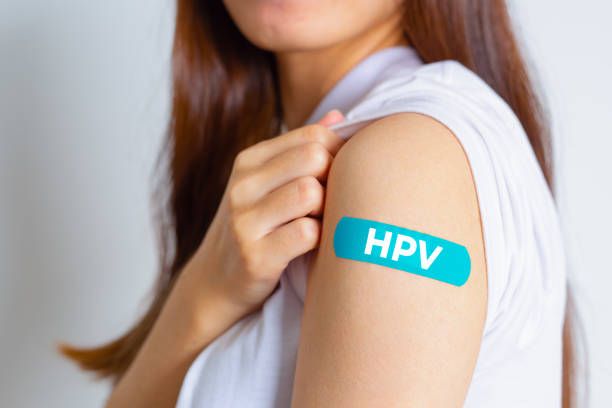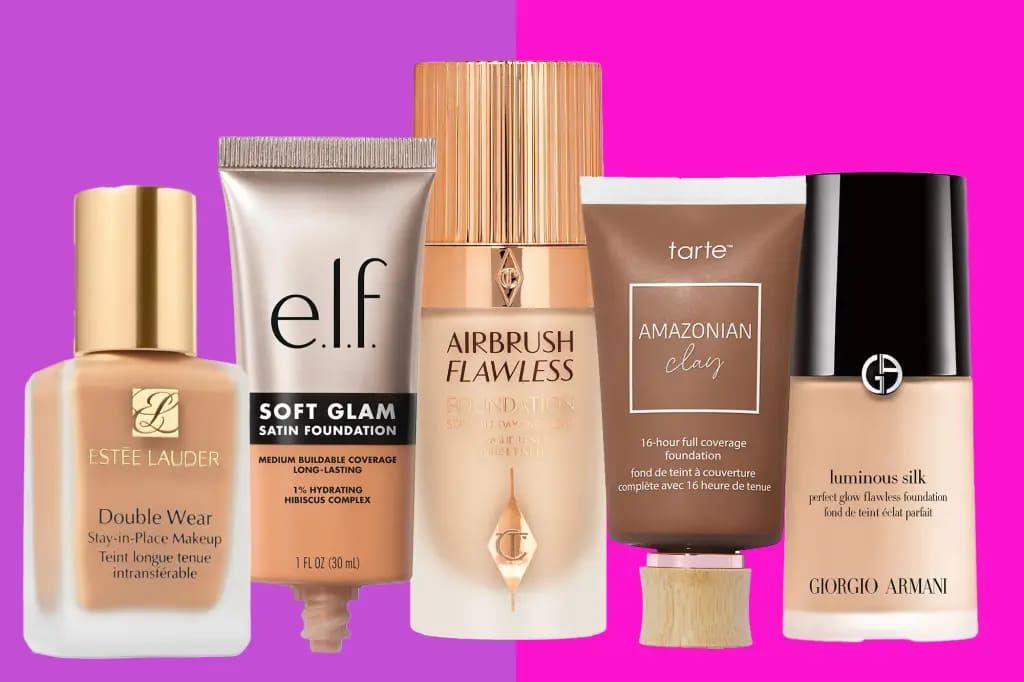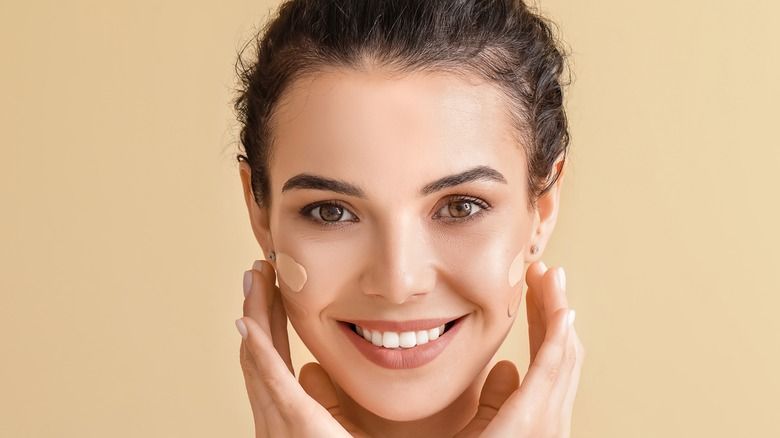HPV is one of the commonest diseases all over the world. Although most HPV infections can be removed by themselves, some high-risk infections can lead to severe health problems, such as cervical cancer, genital warts and other severe diseases. Among these concerns is a larger public debate about whether girls should be mandated to receive the HPV vaccine. Proponents insist that universal vaccination is necessary to prevent cancer and save lives, while detractors argue about safety, parental rights and moral issues. Using the scientific, ethical and social facets of this debate as a backdrop, this article will analyse the possible imposition of HPV vaccination as compulsory of girls.
A Brief Guide to Construction Jobs

From a medical perspective, the benefits of the HPV vaccine are unequivocal. Once introduced, the vaccine was shown to be very effective in preventing infections with the most deadly types of HPV. Countries with strong vaccination programs, like Australia and the United Kingdom, have seen precipitous drops in HPV-related diseases and near-elimination of cervical cancer in those vaccinated. HPV is a problem because it is common, present in about 65% of sexually active people, HPV has the potential to be found in the same heterosexual and same sex male pairs, leading the way for infection to spread from one partner to another, including females.
Though highly efficacious, HPV vaccination uptake has been sub-optimal in many parts of the world because of misinformation, cultural resistance and logistical issues. Others are reluctant to vaccinate their daughters, citing unfounded worries about side effects, despite numerous studies affirming the vaccine’s safety. Even rare adverse reactions, dizziness or mild fever, for example, tend to be fleeting and greatly surpassed by the life-saving possibility of the vaccine. Another concern that often comes up is that vaccinating young girls will prompt them to have sex earlier, but studies have repeatedly debunked this myth. There’s no evidence that HPV vaccination results in riskier sex; if anything, it is an immunological seat belt, a prevention against potential future harm.
The debate also wades into ethical considerations. Proponents of mandatory vaccination have cited public health interests, while opponents have stated that your children are your property, but further, when it comes to matters of the body, particularly sexual relations, it is not okay for the state to dictate what you should do. But public health experts argue that the public’s better interest — preventing cancer and easing burdens on the health care system — trumps individual wishes. Polio and measles were only brought under control through mandatory vaccination, and with HPV as a leading cause of cancer, it is similarly threatening. Mandatory vaccination protects marginalized groups of people who would otherwise be missed by voluntary vaccination programs. This is crucial, especially because cervical cancer disproportionately impacts low-income women with limited healthcare access.
The social stigma associated with HPV contributes to hesitancy surrounding the vaccine. HPV, unlike other vaccines, is often misperceived as solely about sexual behavior, which results in undeserved shame. Education campaigns are critical to reframe the vaccine as a routine cancer prevention tool, not a moral judgment. Normalizing HPV vaccination like other childhood vaccines might combat myths and increase acceptance. Schools and health-care providers need to work together to get accurate information out to parents and answer those questions clearly.
In short, the balance of evidence strongly supports the case for HPV vaccination for girls. The vaccine is safe, effective and an important tool to combat preventable cancers. Individual preferences must bow to the demands of public health when choices made by some can endanger many others, however important it is to respect the worries of parents. And the aim is not simply to vaccinate girls, it’s to give them the gift of lifelong protection from a silent and deadly threat.


Guess you like
-

Why Did Puig Generate Billions of Profits in Its First Year of Going Public?
-

Suntory Introduced Black Bean Tea: A New Addition to Its Premium Beverage Line
-

Smart Glasses Set to Achieve Exponential Growth This Year: Who Leads the Global Market?
-

Vuori Celebrates 10 Years with the Launch of the 2025 Spring Kore Short
-

Natural Yeast Extraction: What Is Angel YE ?
-

Avoid These Kylie Cosmetics Products: A Honest Review
Trending
-
1

Kim Kardashian vs. Kylie Jenner: A Deep Dive Into Which Beauty Empire Deserves Your Money
-
2

Finding the Perfect Foundation for Students: Gentle, Affordable, and Skin-Friendly Options
-
3

Avoid These Kylie Cosmetics Products: A Honest Review
-
4

Why Has Dior 999 Remained an Iconic Lipstick for Decades
-
5

Why Can Chanel No. 5 Endure Forever Among So Many Perfumes
-
6

Best Makeup Foundations for Flawless and Radiant Skin
Featured?Articles
-

Kim Kardashian vs. Kylie Jenner: A Deep Dive Into Which Beauty Empire Deserves Your Money
-

Finding the Perfect Foundation for Students: Gentle, Affordable, and Skin-Friendly Options
-

Avoid These Kylie Cosmetics Products: A Honest Review
-

Why Has Dior 999 Remained an Iconic Lipstick for Decades
-

Why Can Chanel No. 5 Endure Forever Among So Many Perfumes
-

Best Makeup Foundations for Flawless and Radiant Skin


